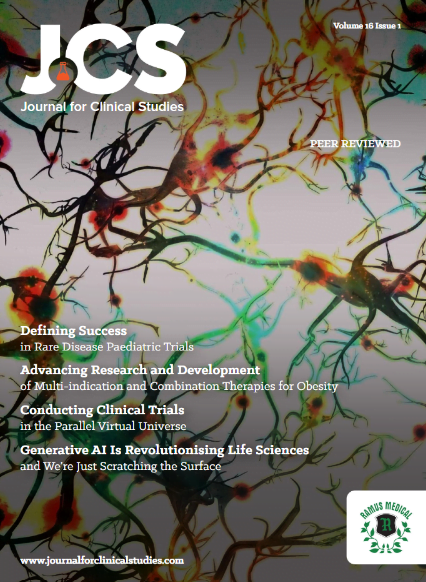Bristol Myers Squibb’s CAR-T dream, born from its $74 billion acquisition of Celgene, is thus far more of an agony than an ecstasy. The regulatory path for two key products has been studded with FDA rejection and delays that now threaten to derail the company’s original plan for an approval by the end of the year.
The FDA has postponed its decision on Bristol Myers Squibb’s liso-cel—again—as the agency was unable to conduct an inspection of a Lonza facility in Texas, which is slated to help make the viral vector for the CD19-directed CAR-T cell therapy, BMS said Monday. It was the same day U.S. regulators were supposed to hand out a verdict.
For Bristol Myers, the delay means waiting longer before it can challenge Novartis’ Kymriah and Gilead Sciences’ Yescarta in large B-cell lymphoma. For previous Celgene shareholders, that means the $9-apiece contingent value rights they gained through the Bristol takeover could soon be worthless.
As part of the Celgene buyout, Bristol Myers put down a $9-per-share CVR for each Celgene share. But the payment is contingent upon the company meeting three regulatory milestones. The first of the three drugs involved—Celgene’s multiple sclerosis therapy Zeposia—hit its target with an approval in March. The last one—bluebird bio-shared CAR-T therapy ide-cel—may be able to meet its March 31, 2021, target after an FDA priority review accelerated its review readout to just four days before the deadline.
But now—just one and a half months out from the deadline, with two upcoming national holidays and COVID-related travel restrictions still very much in place—the possibility of a green light for liso-cel by year-end looks dimmer, if not completely out of reach. The FDA did not provide a new anticipated action date, Bristol said.
The episode isn’t completely surprising, given that the FDA hadn’t even scheduled an inspection of the Texas site as of Nov. 5, Bristol Myers Chief Medical Officer Samit Hirawat said during a call that day. “FDA are doing what they can to ensure that the staff are kept safe in this COVID pandemic,” he said. “And because of the travel restrictions, we have to obviously honor their desire as to where they go and when they go.”
The FDA did finish an inspection of another manufacturing facility in Bothell, Washington, Hirawat said. As for the Texas site, which Lonza touts as the world’s largest plant for cell and gene therapies, the Swiss CDMO opened it in Pearland, just outside of Houston, in April 2018. The Texas site makes viral vectors for manufacturing of liso-cel, a Bristol spokesperson said. Once it gains approval, BMS plans to manufacture liso-cel for each individual patient first at the Washington site and then also in Summit, New Jersey, the spokesperson added.
Bristol Myers’ regulatory journey to its first CAR-T product has been painful to watch. The current liso-cel problem actually came on top of another postponement that pushed back the original target action date by three months because the FDA needed more time to review additional information it had requested from the company.
Ide-cel previously hit its own manufacturing speed bumps. The FDA in May refused to review the anti-BCMA CAR-T’s application in multiple myeloma, citing lack of documentation in the chemistry, manufacturing and control section of BMS’ filing. Bristol has since refiled the drug and received a new FDA decision date of March 27.















